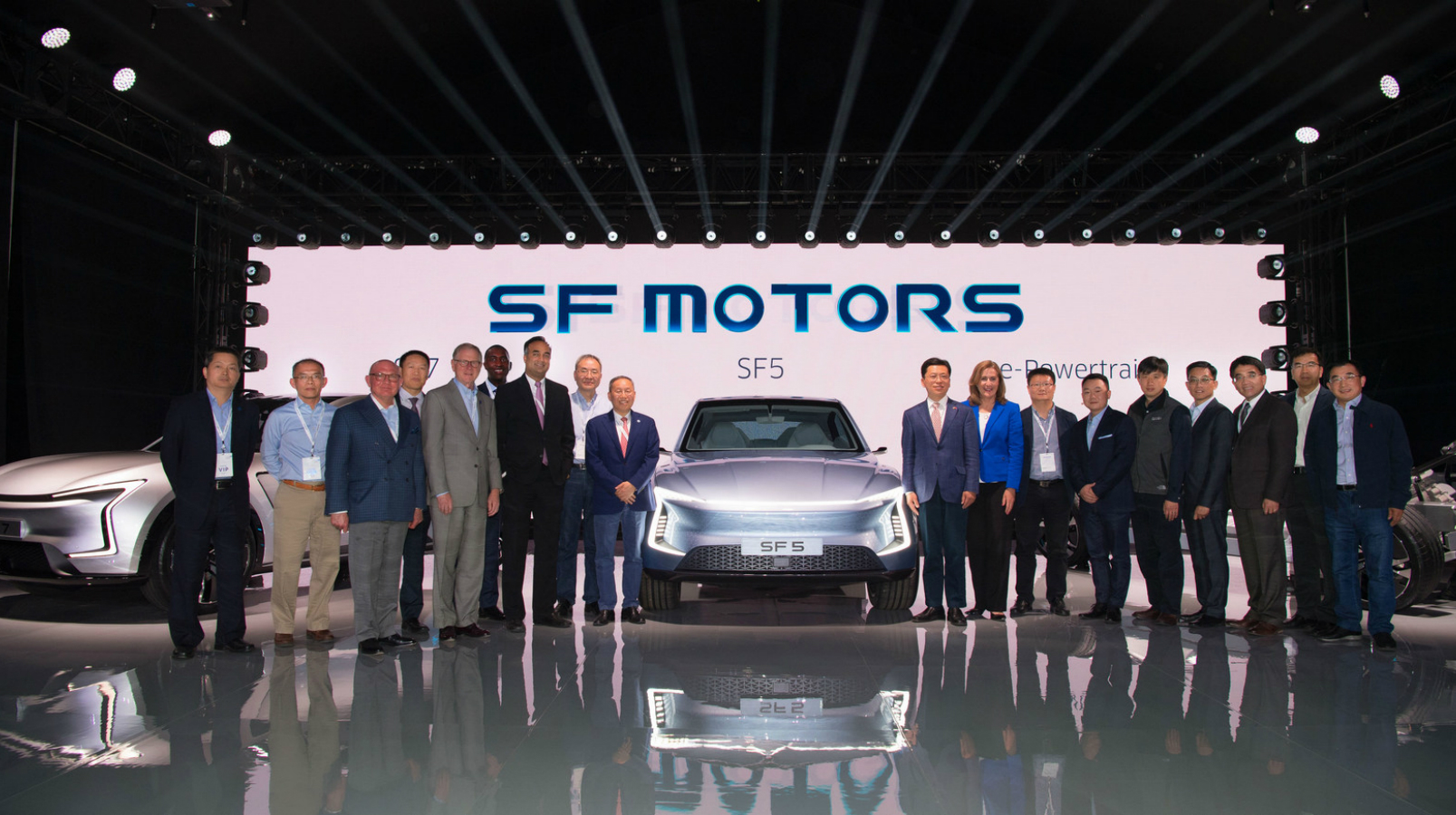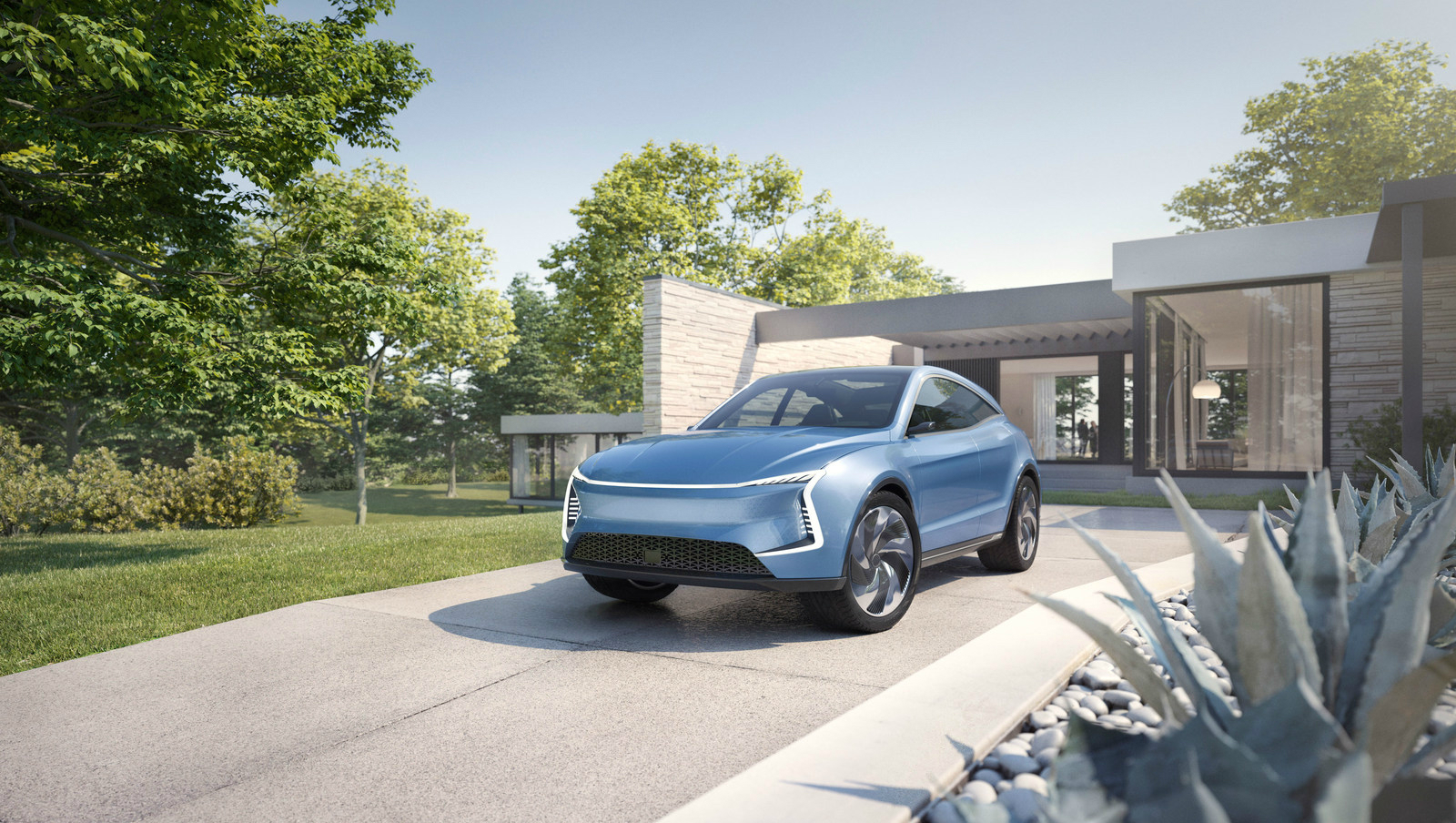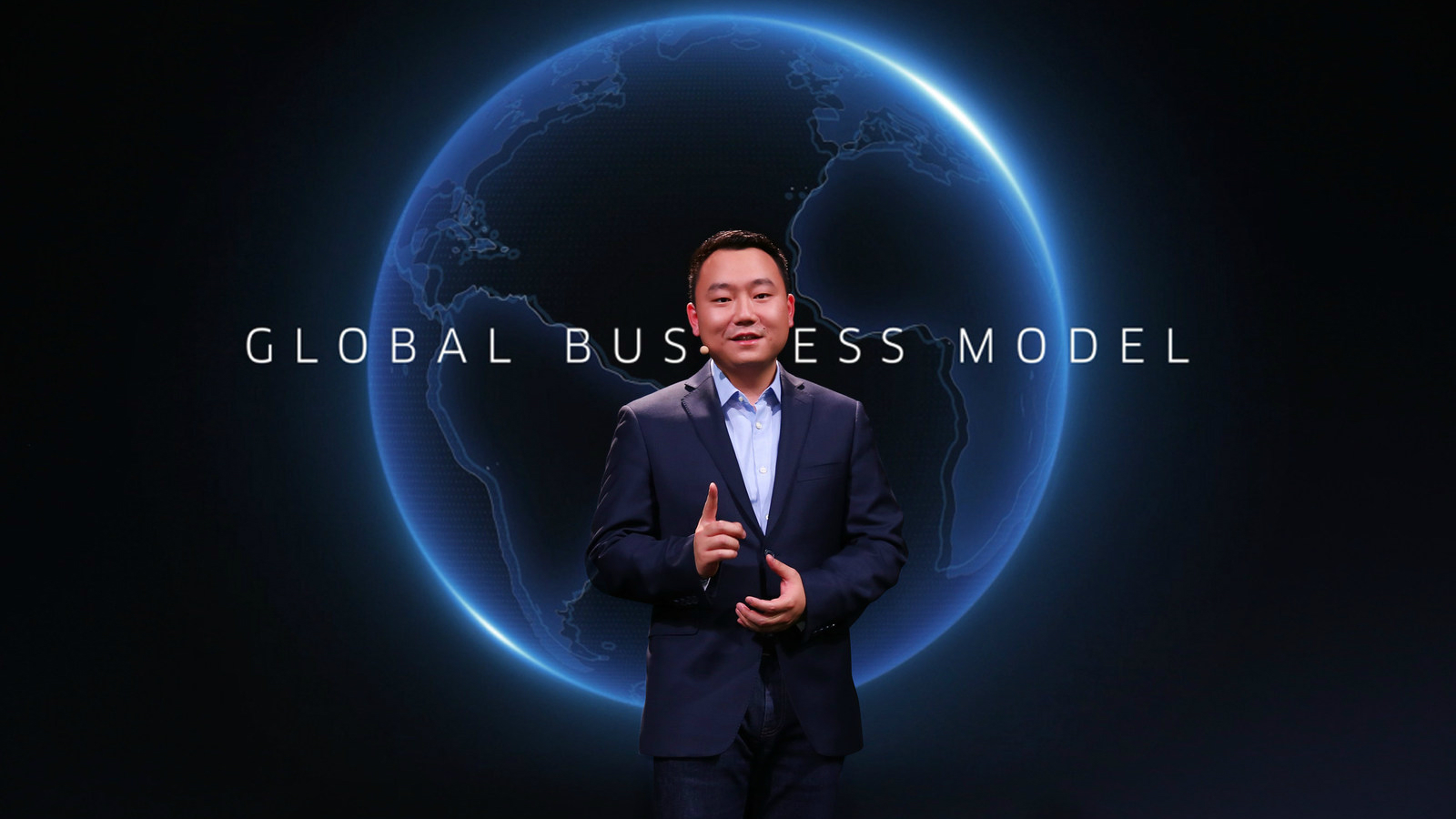Santa Clara-based SF Motors didn’t hold back this week. Claiming a global role supplying core tech for “intelligent” electric vehicles with advanced driverless systems to future partners, the EV manufactuer trumpeted bold announcements.
The most eye-popping claim was an electric powertrain SF Motors says generates a walloping 1,000 horsepower to propel a car from zero to 60 miles per hour in under 3 seconds. If the SF design nails that benchmark, it would join a select group including Tesla’s Model P100D, which was tested to 60 in 2.2 seconds, and the new Tesla Roadster, which Elon Musk claims can do the deed in 1.9 seconds.
Casting itself as a uniquely capable global company in the EV space, SF Motors has research and design centers in Germany, China, Japan, and the U.S. According to the SF Motors press release, it is the “Only pure EV company today capable of independently building and selling EVs in two of the world’s largest markets — the U.S. and China — using Industry 4.0 manufacturing standards.”
SF Motors’ existing industry partnerships include Bosch, Dürr, and Siemens. The University of Michigan, another SF partner, itself claimed a major role in self-driving tech when it opened Mcity, an autonomous vehicle testing center on the university’s Ann Arbor campus.
In the competitive automotive industry, the challenges of simultaneous dual emerging technologies — autonomy and electrification — have prompted new alliances. SF Motors leads with the concept of shared technology toward a worldwide goal.
“Our mission is to transform human mobility — and perhaps our planet — through intelligent EVs,” John Zhang, SF Motors founder and CEO said at the company launch event.
“To do this, we can’t follow the same path as every other EV company,” Zhang continued. “We aim to be the company that shares integrated technology solutions and provides the manufacturing expertise to make more EVs a reality. We believe everyone wins with the wider adoption of EV technology.”
SF Motors has taken the unique course of developing all technologies in-house, including proprietary batteries, a patented battery pack system, and a liquid-cool thermal battery management system.
The company’s vehicle design platform can use from one to four electric motors, with peak power from 100 to 400 kWh. A range-extending high-power onboard generator can ease range anxiety, SF Motors claims.
On the “intelligent technology” side of the business, SF Motors’ terminology for autonomous driving, the company buzz word is “protective autonomy.” The design focus is Lidar-based computer vision systems with deep neural networking monitoring to ensure safety for all involved with limited human input.
Production at manufacturing facilities at a former AM General plant in Indiana and in Chongqing, China will begin later this year. The factories have a joint 200,000 vehicle annual production capacity goal.
SF Motors introduced two branded vehicles this week, the SF5 and SF7. According to the announcement, the SF5 will be available for pre-orders in late 2018 with delivery beginning in 2019. No specific information is available for the SF5 at this time.





